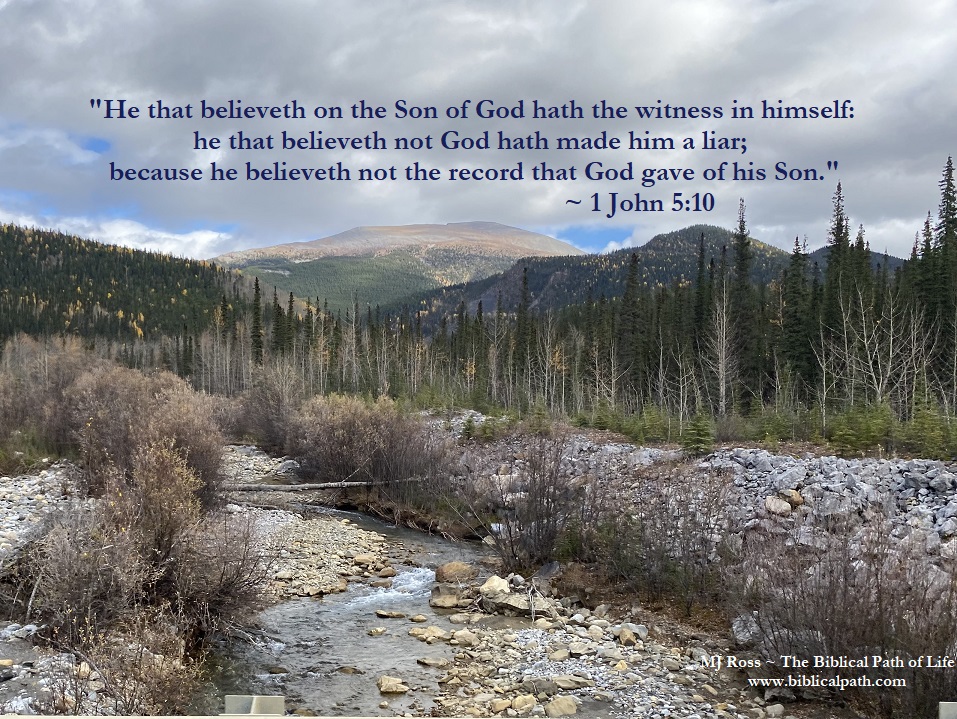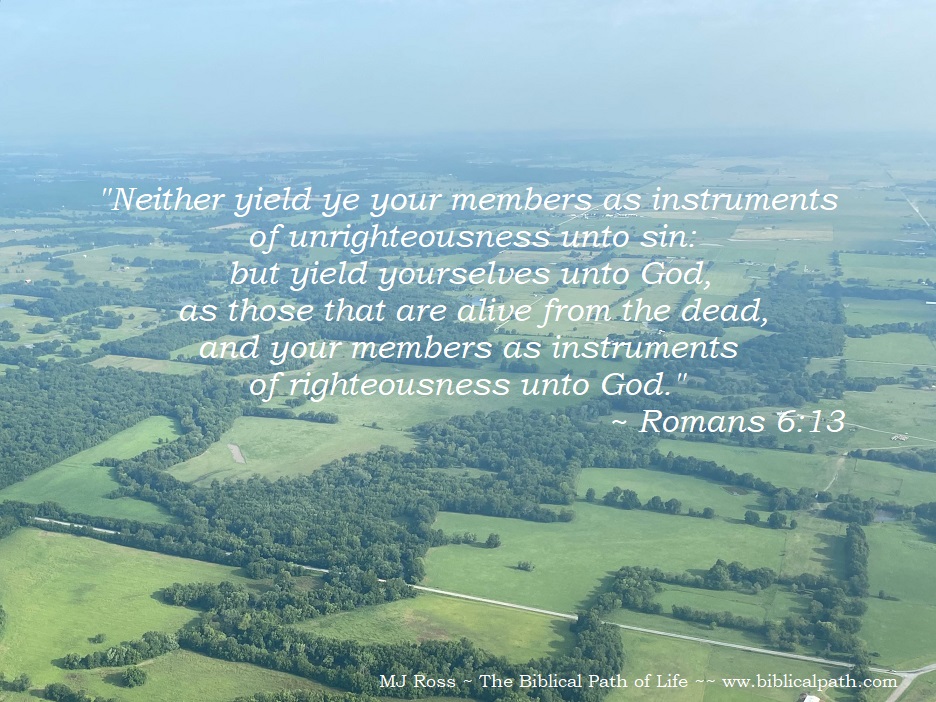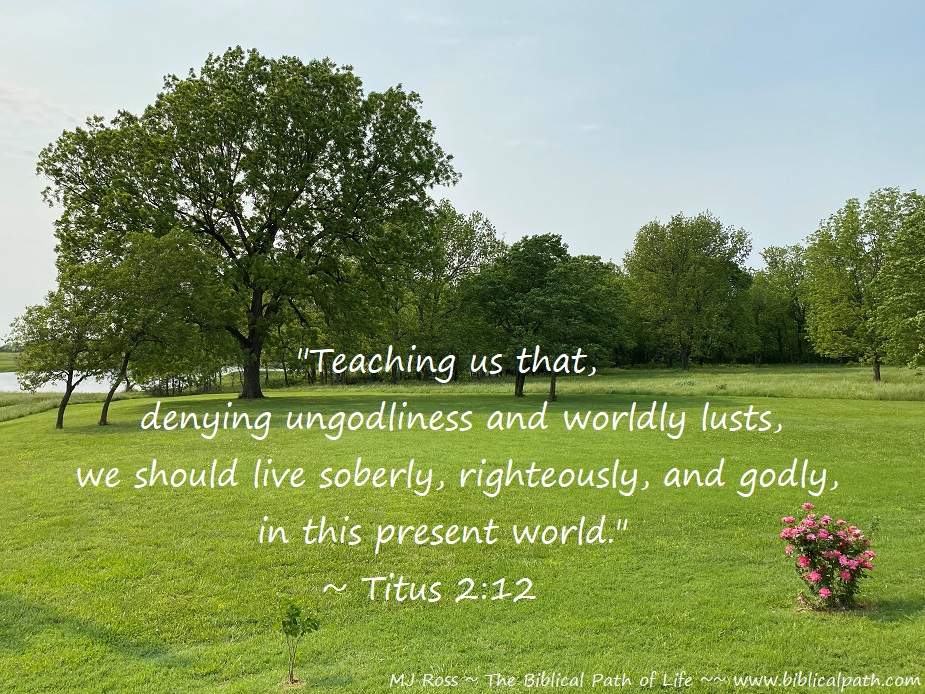
“Wherefore, my beloved, as ye have always obeyed, not as in my presence only, but now much more in my absence, work out your own salvation with fear and trembling.”
Philippians 2:12
Jesus is the ultimate example on how Christians are to live in this world. Hence the name Christian; Christ-like. Paul spent much time recording many instructions and examples of what to do.
When you read Philippians 2:6-8, you are to understand Jesus is God. He stepped away from His throne in glory “… and took upon him the form of a servant, and was made in the likeness of men” (Philippians 2:7). Jesus took the form of a servant (while remaining God), and was made in the likeness of men (while remaining God). Jesus had to become a man in order to pay man’s penalty for sin: death. “For the wages of sin is death; but the gift of God is eternal life through Jesus Christ our Lord” (Romans 6:23). Now does that verse make a lot more sense?
While Jesus lived in the form of a servant, made in the likeness of man, He was obedient to His Father, God. “And being found in fashion as a man, he humbled himself, and became obedient unto death, even the death of the cross” (Philippians 2:8). It was then that he paid the penalty for man’s sin, providing the opportunity of eternal life. Jesus died so that anyone who would trust in this act of “payment for my sin”, could gain salvation. This is the Gospel message. “For I am not ashamed of the gospel of Christ: for it is the power of God unto salvation to every one that believeth …” (Romans 1:16). Salvation here means “of spiritual and eternal deliverance.” How does one gain eternal deliverance? By trusting in Jesus as one’s Lord.
Once one believes that Jesus died upon the cross to pay for sin, then trusting in Jesus as one’s Lord, there is a growing process that is to begin. One of the first things a Christian is to learn is to walk in obedience to God’s Word. One who belongs to Christ must learn to joyfully surrender to His will. Jesus was willing to lay aside His glory for a time, becoming a man, in obedience to His Father. Christians are to lay aside the sinfulness of this world, in obedience to God, our Father, understanding one day we will be with Him in heaven. “12. Let not sin therefore reign in your mortal body, that ye should obey it in the lusts thereof. 13. Neither yield ye your members as instruments of unrighteousness unto sin: but yield yourselves unto God, as those that are alive from the dead, and your members as instruments of righteousness unto God” (Romans 6:12-13). One of a Christian’s greatest concerns should be to not live a disappointing life for Christ. God is good in that He will place other Christians in our lives to help and encourage us.
There are many lives recorded in the Bible that also help us understand how to live as a Christian. Paul was one of the great ones. He understood the importance of obedience, and recorded the following to help us understand. “Wherefore, my beloved, as ye have always obeyed, not as in my presence only, but now much more in my absence, work out your own salvation with fear and trembling” (Philippians 2:12). Work out means “to work fully, that is, accomplish; by implication to finish… perform, work out.” It is important for Christians to accomplish, finish, what God has for us to do. It emphasizes that it is our responsibility. Salvation here means “of the present experience of God’s power to deliver.” This helps us understand that we are not doing it alone – for God’s power is helping us. We are to not come short of what God has for our lives here on the earth, today. “For it is God which worketh in you both to will and to do of his good pleasure” (Philippians 2:13). God working in me emphasizes that God enables us; for we cannot do it on our own. But He allows us to accomplish things for Him while we are on this earth – if we will only obey Him. All that we accomplish for the Lord here depends upon His working in us to accomplish His plan.
Read what the writer of Hebrews left to encourage us as he came to the close of the book. “20. Now the God of peace, that brought again from the dead our Lord Jesus, that great shepherd of the sheep, through the blood of the everlasting covenant, 21. Make you perfect in every good work to do his will, working in you that which is wellpleasing in his sight, through Jesus Christ; to whom be glory for ever and ever. Amen” (Hebrews 13:20-21). A Christian can be “perfect in every good work” (complete, accomplishing everything God wants us to accomplish on this earth). Note that it is doing His will, and recognizing that Jesus is the one who accomplishes these things in our lives. We cannot do it alone.
There are no shortcuts to working out one’s salvation. It is a constant, day by day, working at growing in a more Christ-like life. It is much like working out a temporary survival in this wicked world. The greatest thing to understand is that Christians have been given the Holy Spirit within to teach us and lead us into the truths found in God’s Word. Our hope of surviving today is knowing that we have a permanent home with Jesus one day.
Have you learned to obey the Lord, enabling you to work out your own temporary survival (salvation) in this wicked world?








